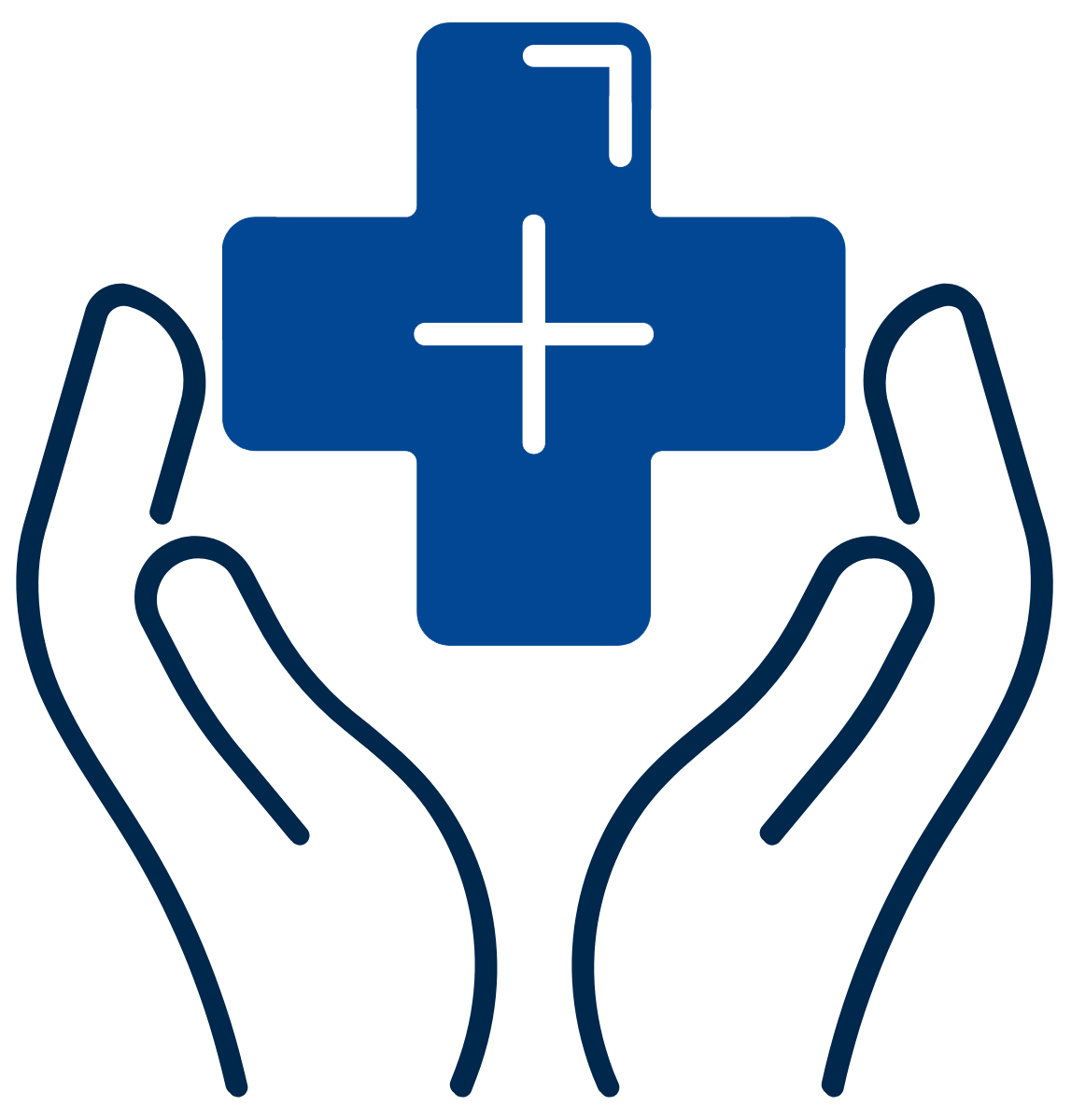Animal Use
The proper care of laboratory animals involves attending to a range of physical and mental needs. This includes providing clean, appropriately lighted and well-ventilated housing, the ability to exercise, proper feeding, and veterinary health care.
From life-saving drugs and vaccines, advancements in organ transplantation, and cancer therapies, it is difficult to overstate the important role that animals have, and continue to play, in the development of scientific breakthroughs to benefit both human and animal health.
These scientific advancements would not be possible without our collective commitment to the highest animal welfare standards in the conduct of research, training, and instruction.
Animal care and use at the University of Michigan is comprised of many important components:

Animal Ordering & Acquisition
Ordering animals through the appropriate channels is critical to ensuring that projects get off to the right start. Learn more about proper animal ordering and acquisition by reviewing the Animal Ordering & Acquisition page.

Transporting Animals
Whether receiving animals from an approved vendor or transferring animals from another institution, the Unit for Laboratory Animal Medicine (ULAM) provides a multitude of facilities, equipment, and services to assist with proper animal transport.

Veterinary Care & Consultation
A team of highly skilled, licensed veterinarians and veterinary technicians conduct daily observations to ensure and protect the proper health and well-being of all animals in University facilities. This includes clinical diagnosis, physical examinations, and laboratory tests to initiate proper treatment on an as-needed basis.

Animal Husbandry & Housing
ULAM’s certified animal technicians provide a wide array of animal husbandry and housing services to U-M investigators, including cage changing, daily food, water, and health checks, cleaning and maintenance of animal rooms, monitoring of cage/room environmental conditions, and more.

Animal Use & Occupational Safety
The University is committed to the safety and security of our program personnel, and to all animals under our care. Although minimal, there are some hazards associated with working around, and with, animals. Visit the Animal Use & Occupational Safety page for information on how we work to eliminate and manage these associated risks.

Animal Enrichment
The U-M is home to one of the nation’s first programs dedicated to optimizing biomedical research efforts through improved animal well-being by understanding the animal’s lived experience and the scientific results. Learn more about these efforts by visiting the Refinement & Enrichment Advancements Laboratory page.
More information about facilities and housing access can be found on the Facilities & Systems Access page. Details about fee-for-service research support services, including our germ-free mouse facility and animal surgery operating rooms, are available on the Services page.
Related A-Z Documents
Questions?
General questions about animal care and use at the University of Michigan should be directed to ULAM at [email protected] or (734) 764-0277.